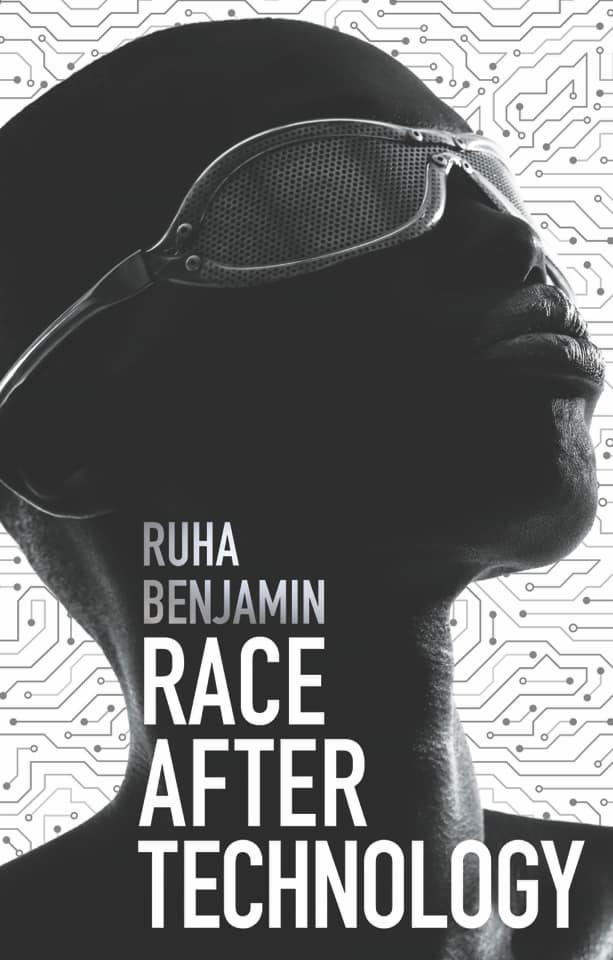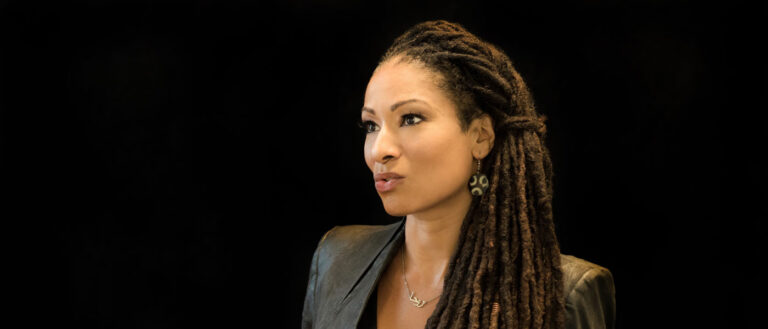Princeton scholar named 2023 Elaine G. Hadden Distinguished Visiting Author
Computers may not have feelings, but the people who program them do.
The same concept applies to the latest rounds of debate about artificial intelligence. Released late last year, ChatGPT became the fastest growing app in history—and prompted competitors like Google to race to catch up.
But ChatGPT’s knowledge and capabilities depend on the training data its human creators provided—data that may or may not have been influenced by the people who originally collected or compiled it.

In Race After Technology: Abolitionist Tools for the New Jim Code, Princeton University professor Ruha Benjamin illustrates ways that even those determined to eliminate bias can end up perpetuating it. In some instances the fault resides in the prejudices in the data itself, while in others it relates to an emphasis on speed of completion—instead of deeper consideration.
This spring Benjamin’s award-winning work claimed another honor; it is the university’s common reading for incoming undergraduates. The tradition is part of Case Western Reserve’s First-Year Experience Program, designed to assist new students in making a successful transition from high school to college.
“This book is a wonderful fit for our campus,” said Professor of Music Daniel Goldmark, who also chairs the selection committee for the common reading. “It brings together technology and humanity to focus on how creators in STEM fields—and all other fields—can recognize the ethical and social justice dimensions of what they do.”
This year’s Elaine G. Hadden Distinguished Visiting Author, Benjamin herself will address the Class of 2027 at Fall Convocation, taking place Thursday, Sept. 7, at the Milton and Tamar Maltz Performing Arts Center. The event also includes recognition of faculty selected to receive the exceptional honor of Distinguished University Professor.

